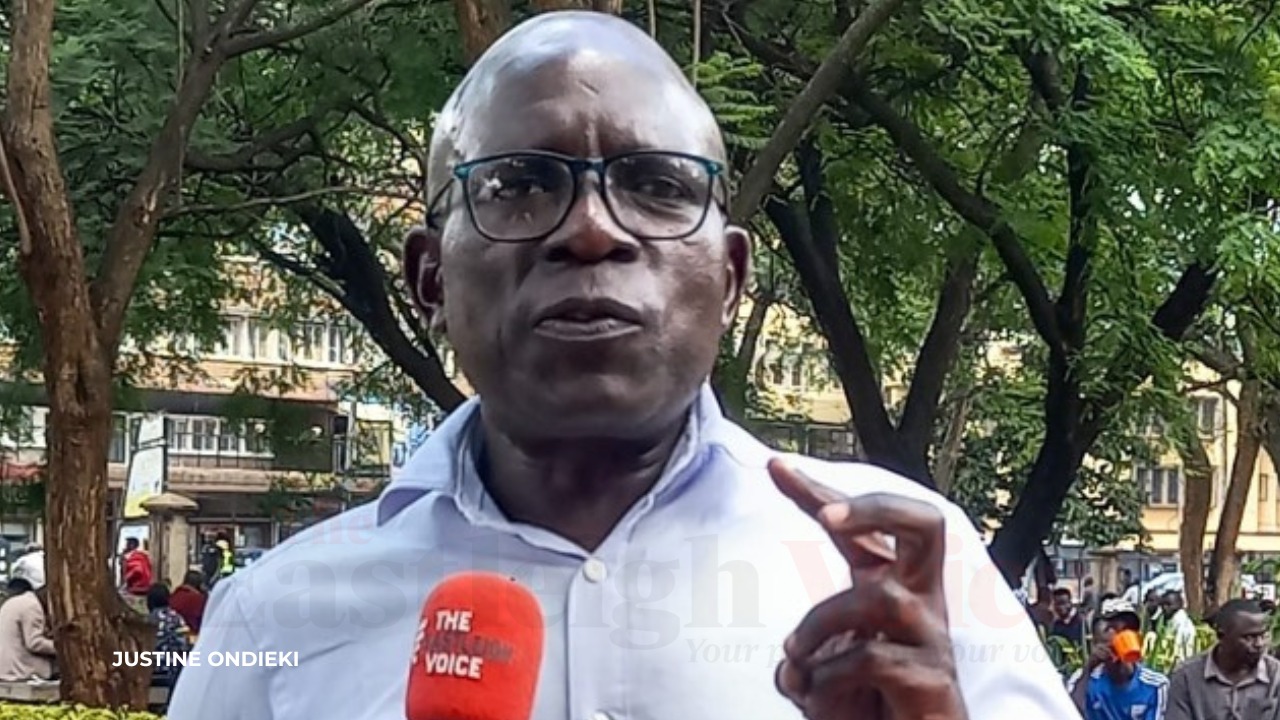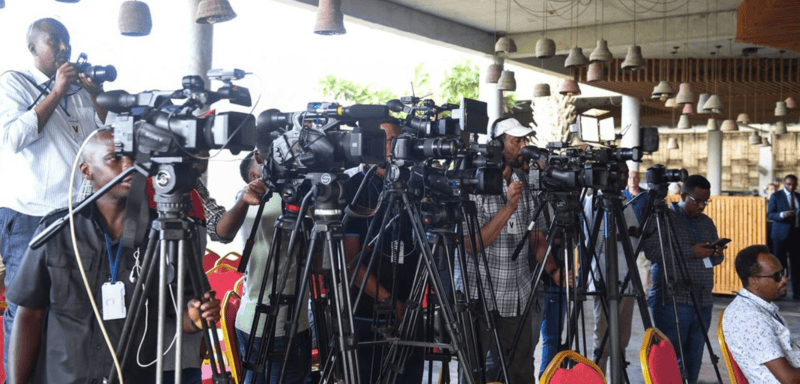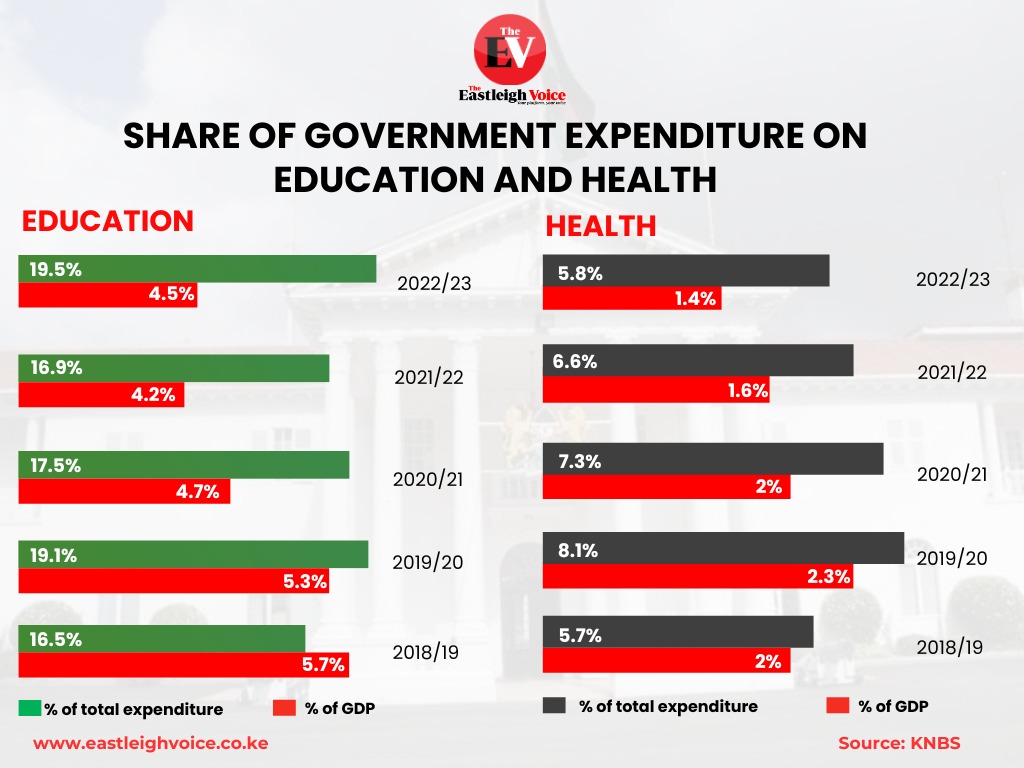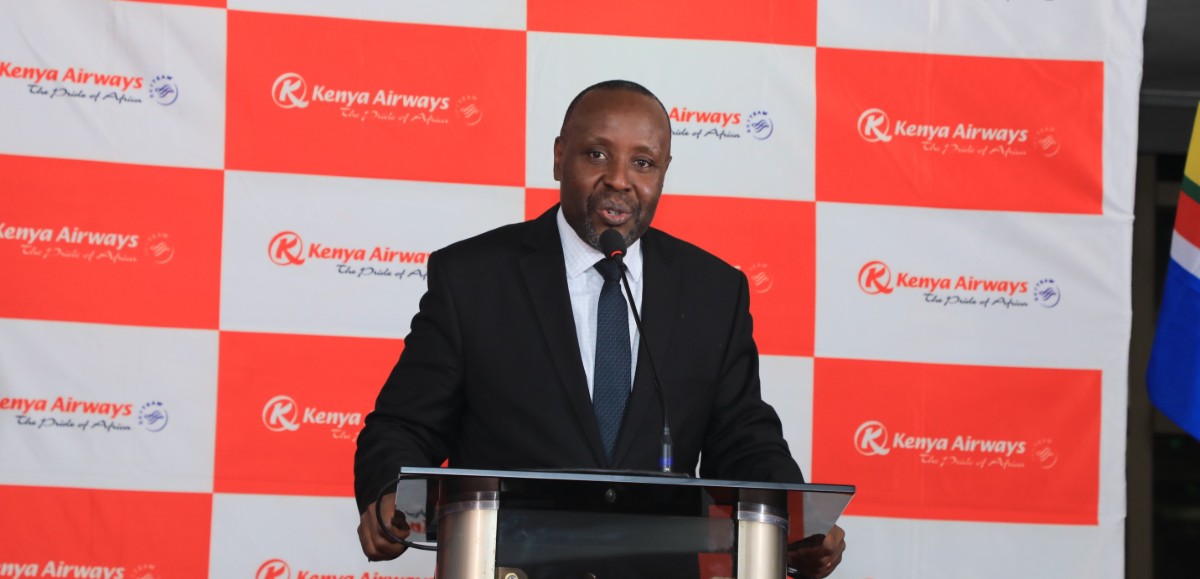Interior ministry seeks more funding to tackle refugee management challenges
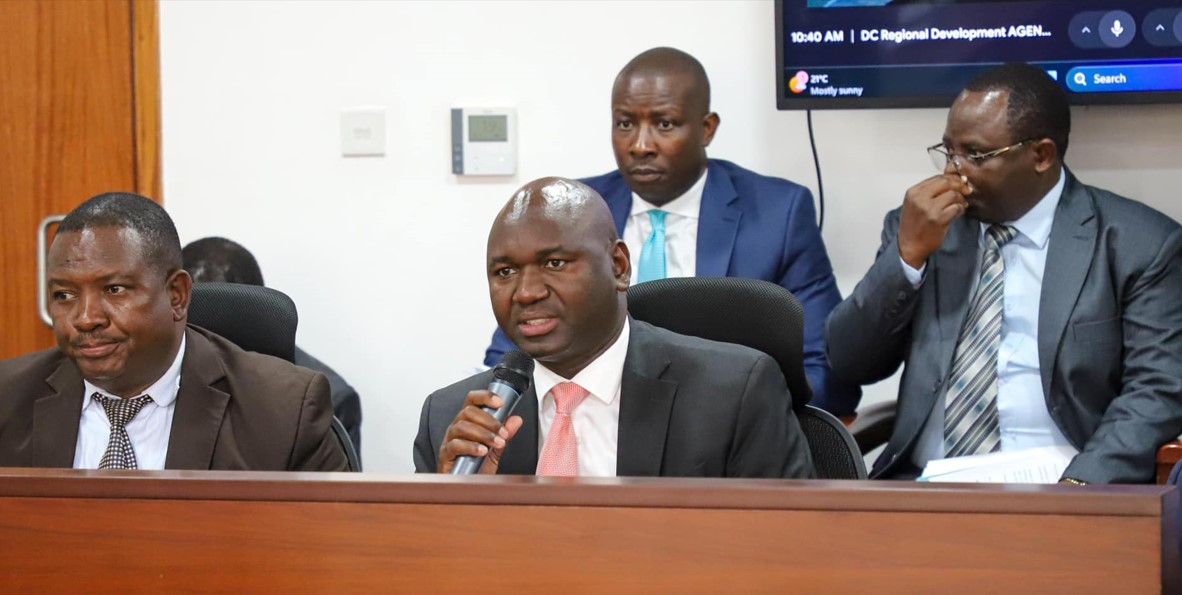
Beyond security, PS Bitok highlighted environmental challenges in the camps, such as deforestation and waste management issues.
The Ministry of Interior has called for enhanced government funding to address growing challenges in managing refugee affairs in the country.
The plea was made in light of ongoing concerns that the Department of Refugee Services (DRS) is facing severe budget constraints, which are hampering its ability to effectively manage the growing refugee population.
More To Read
- António Guterres sounds alarm over worsening global refugee crisis
- PS Bitok clarifies CBC grading system after concerns over KJSEA results
- KNCHR report casts doubt on Kenya’s commitment to refugee protection
- How to check school your child has been placed in before release of KJSEA results
- Kenya’s refugee population hits 860,000 as State pushes integration plan
- UNHCR warns of deepening humanitarian crisis in Darfur, Kordofan
Speaking before the National Assembly's Committee on Regional Development on Wednesday, Principal Secretary for the State Department for Immigration and Citizen Services Julius Bitok noted the urgent need for more resources to improve refugee management.
Bitok, in a session chaired by Sigor MP Peter Lochakapong, explained that additional funding would enable the DRS to address a range of operational challenges, from security issues to resource allocation, and better manage refugee populations across the country.
"In the Financial Year 2022-2023, the DRS was allocated Sh116,666,241. However, this allocation was reduced to Sh97,788,508 for the Financial Year 2023-2024," he said.
Despite these reductions, the department has continued to receive supplementary funding from the UNHCR, which has committed Sh468,926,194 for refugee management activities in 2024.
As of September 30, 2024, Kenya was home to 804,594 refugees, the majority of whom are living in two main camps, Dadaab, which houses 402,191 refugees, and Kakuma, with 295,617 refugees. An additional 106,786 refugees reside in urban areas across the country.
Security concerns
The PS also addressed the ongoing security concerns in refugee camps, particularly in regions like Dadaab, where Al-Shabaab militants continue to pose a threat.
"Recent attacks in Dadaab, including the bombing of boreholes and roadside explosions targeting security personnel, have raised concerns about the safety of both refugees and host communities," Bitok said.
Beyond security, the PS highlighted environmental challenges in the camps, such as deforestation and waste management issues.
The pressure on local infrastructure and natural resources is compounded by competition for scarce resources between refugees and host communities, which has led to tensions in several regions.
In response to these challenges, the government, in partnership with UNHCR, is working to develop an interoperable refugee database.
This system will integrate with key government departments to enhance coordination and service delivery, providing better insights into the refugee population for security and planning purposes.
The PS also pointed to the Refugee Act of 2021, which aligns with international conventions and establishes key institutions like the Refugee Advisory Committee (RAC) and the Refugee Status Appeals Committee (RSAC) to oversee the protection and welfare of refugees.
However, he acknowledged that implementation challenges, including insufficient funding and security concerns, are undermining the Act's potential.
As the government strives to improve refugee management, the importance of additional funding remains clear.
"Enhanced government funding for the DRS is critical for ensuring that refugee management activities can be carried out effectively," Bitok said.
MPs concerns
Meanwhile, members of the Parliamentary Committee on Regional Development have raised concerns about the government's role in managing refugee affairs.
During their recent visit to refugee camps, the committee, chaired by Sigor MP Peter Lochakapong, observed that government officials were often acting as agents of UNHCR rather than taking an active role in decision-making.
"There is a growing sense that refugees are receiving more attention than local populations," said Lochakapong, highlighting the growing discontent among host communities.
The committee noted that the imbalance in resources, including educational scholarships, has led to tensions between refugees and locals, with some communities feeling marginalised.
In Dadaab, where refugees reside in large numbers, the committee raised concerns about inadequate infrastructure and the lack of a proper reception centre for new arrivals.
Local MPs also criticised the environmental degradation in regions like Garissa where the concentration of refugees has led to increased deforestation and waste management issues.
"We need to address these concerns, including the need for a balanced distribution of resources and a clear policy on refugee management. The situation is becoming untenable and requires urgent action," said Kabuchai MP Majimbo Kalasinga.
MPs have also called for a review of refugee repatriation policies, particularly given recent improvements in security in some refugees' home countries.
"It may be time to consider repatriating some refugees and distributing them more evenly across the country," said Garissa Township MP Dekow Barrow.
Top Stories Today








